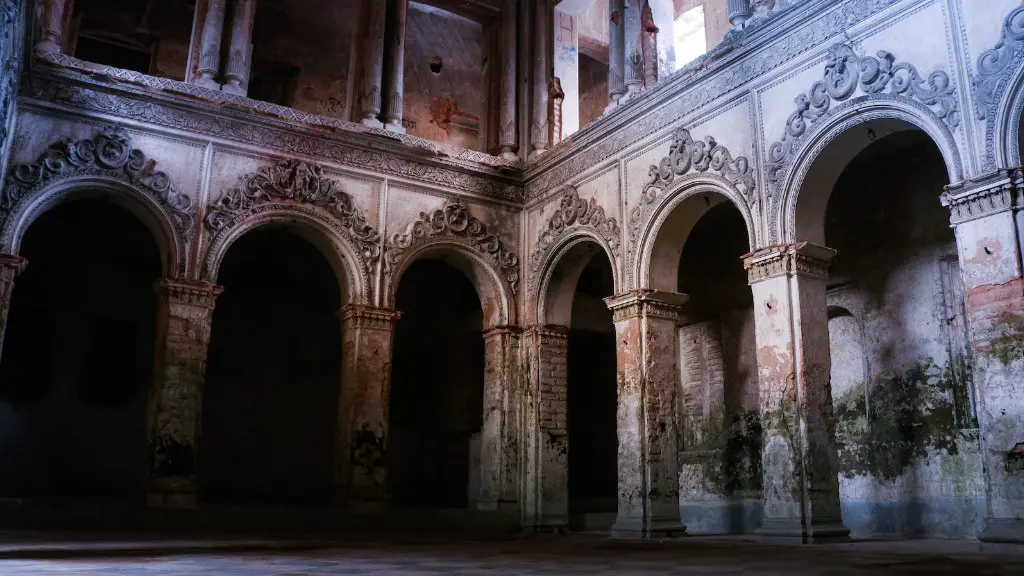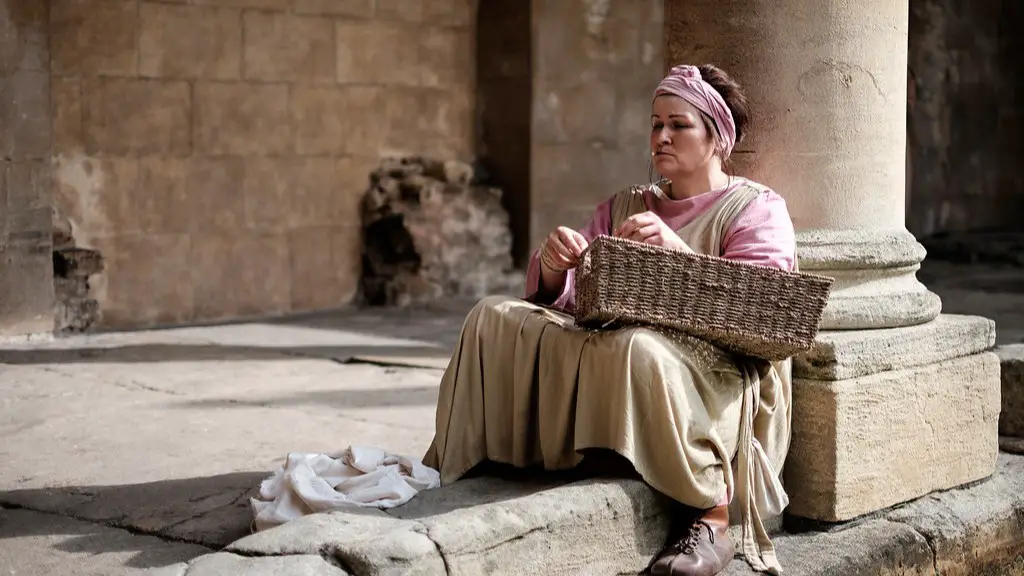Early Life
Hannibal was born in 247 BC in Carthage, an ancient Phoenician city in Tunisia. His father, Hamilcar Barca, was a prominent Carthaginian leader. He was trained in the art of war, politics and strategy from an early age, and was groomed to become the leader of his father’s armies. By the age of 25, Hannibal was leading his own armies in the First Punic war, which pitted the Roman Republic against Carthage. The war would go on for a total of 23 years and ended with the defeat of Rome.
Hannibal is perhaps most renowned for leading the Carthaginian army, as well as his team of elephants, across the Alps in an attempt to invade Italy from the north. The trip took 15 days and, despite the difficulties of the trip, was a military success. Hannibal was able to bypass much of the Roman army and eventually lay siege to many of its cities.
Strategy
Hannibal is considered one of the greatest tacticians in military history. In his campaigns, he often used unconventional methods to win battles. For example, he used guerrilla tactics, by using small mobile forces that were faster than the Roman legions. He also employed ambush tactics, enticing the enemy into terrain favorable to his troops. He divided his forces and attacked in multiple directions, making it difficult for the enemy to defend against him.
His strategy was also predicated on the belief that victory is most likely when enemies are lured into terrain not favorable to them. He often attacked from higher ground, allowing his troops to use the terrain to their advantage. He often used his troop’s mobility to his advantage, utilizing cavalry to flank and attack from different directions.
He was also quick to seize opportunities when they presented themselves, such as cutting off the enemy’s supply lines or using terrain as a form of natural defense. He was also adept at using diplomacy to weaken his adversaries, using it to gain allies and build trust with potential enemies.
Legacy
Hannibal is remembered as one of the greatest military commanders in history. He was able to achieve many successful campaigns against the Roman Republic and is credited with playing a major role in the eventual fall of the Roman Empire. His legacy has been remembered in artwork, literature and popular culture throughout the centuries.
His legacy is a testament to the skill and ingenuity of his tactics, as well as his strategic vision. He was able to gain many victories, often against an enemy that was superior in numbers and resources. His legacy continues to influence strategy, tactics and military history even today.
Fate
In 202 BC, Hannibal was defeated by Scipio Africanus in the Battle of Zama. After this, he fled to Asia Minor and eventually ended up in what is now Turkey. He unsuccessfully sought asylum with King Antiochus III of Syria. In 183 BC, he was betrayed and handed over to the Romans who provided him with a voluntary exile in order to prevent him from taking up arms against Rome again.
Hannibal spent the rest of his days studying philosophy, poetry and natural sciences. He eventually passed away in 181 BC, after which he was posthumously vilified by the Romans for his attempts to overthrow them.
Impact
Hannibal’s impact on the ancient world was immense. He changed the course of military history and is credited with playing a major role in the fall of the Roman Republic. He also had a great influence on military tactics and strategy, and his tactics and strategies are still studied by modern-day commanders.
His legacy has been remembered in art, literature and popular culture, as well as inspiring many modern-day leaders and politicians. He has also featured in numerous films, television series and books. His legacy is a testament to his skill, his ingenuity and his unwavering dedication to his cause.
Leadership
Hannibal was an inspiring leader and a master strategist. He was able to inspire his troops with his military prowess and his charisma. He was also able to use his diplomatic skills to form alliances with powerful allies and gain intelligence on his adversaries. Even in the face of adversity, Hannibal was able to stay cool and remain focused on achieving his objectives. He was not afraid to take risks or make tough decisions in order to achieve victory.
He was also extremely generous, a trait that won the loyalty of his troops. He was often seen sharing his provisions with his troops and rewarding them with gifts after their victories. He was a skilled speaker and was known for giving encouraging speeches and rallying his troops. His leadership style is often cited as a model for effective leadership.
Personality
Hannibal was known for his out-of-the-box thinking and his willingness to take risks. He bravely faced opponents that outnumbered and out-resourced him and accepted defeat gracefully when necessary. He was driven by the belief that victory can be achieved against all odds and was willing to take risks in order to achieve his goals. He was often considered a genius by those who served under him and respected by his opponents.
His flair for conflict combined with his diplomatic skills and generous spirit made him an effective leader and strategist. He was a master manipulator, who consistently took calculated risks in order to gain an advantage. He was also an innovative thinker who was able to analyze a situation and come up with unorthodox solutions. His legacy continues to inspire military commanders, politicians and leaders around the world.



